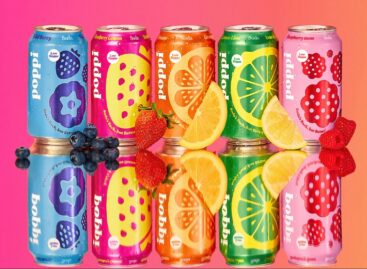(HU) Tizennégy projektet támogat a PepsiCo globális mezőgazdasági akcelerátor programjának második fordulójában
PepsiCo announced the continuation of its global agriculture accelerator, the Positive Agriculture Outcomes (PAO) Fund, by granting 14 business projects across 11 countries funding to address some of the most intractable challenges facing agriculture today

Fotó: PepsiCo
Launched in August 2021, the PAO Fund offers PepsiCo market teams co-investment to accelerate diverse and innovative ‘Positive Agriculture’ projects, the company noted.
One of the pillars of the company’s pep+ (PepsiCo Positive) agenda, Positive Agriculture supports the company’s aim to source crops and ingredients in a way that accelerates regenerative agriculture and strengthens farming communities across the world.
The investments are aimed at accelerating the development of innovative technologies and approaches that can help scale the implementation of regenerative agriculture practices.
By 2030, PepsiCo aims to extend regenerative farming practices to 7 million acres of farmland, improve the livelihoods of more than 250,000 people in its agricultural supply chain, and sustainably source 100% of its key ingredients.
Related news
Davos 2026: the risk premium has appeared on store shelves
🎧 Hallgasd a cikket: Lejátszás Szünet Folytatás Leállítás Nyelv: Auto…
Read more >Related news
(HU) Átadták a SIRHA Budapest 2026 Innovációs Termékverseny díjait
🎧 Hallgasd a cikket: Lejátszás Szünet Folytatás Leállítás Nyelv: Auto…
Read more >How does the forint exchange rate affect consumer prices?
🎧 Hallgasd a cikket: Lejátszás Szünet Folytatás Leállítás Nyelv: Auto…
Read more >HELL CITY has arrived, led by Michele Morrone
🎧 Hallgasd a cikket: Lejátszás Szünet Folytatás Leállítás Nyelv: Auto…
Read more >







